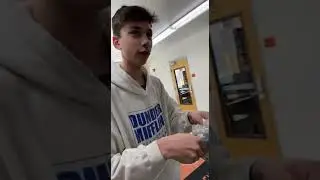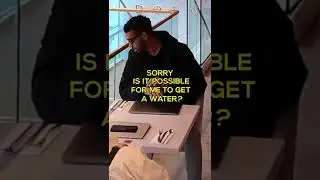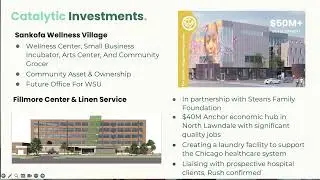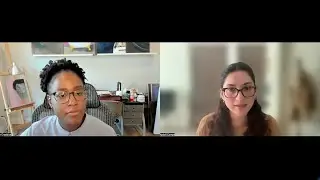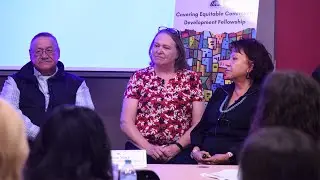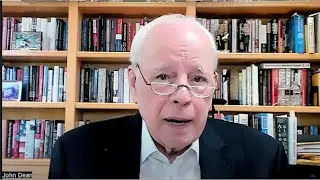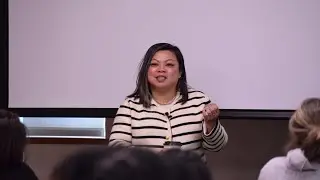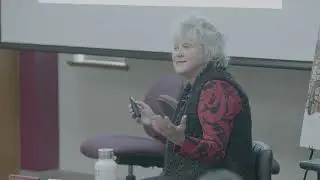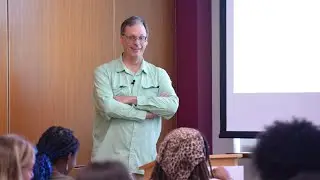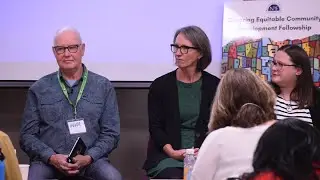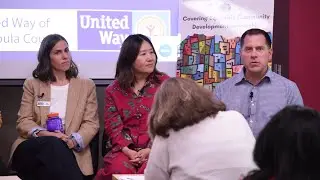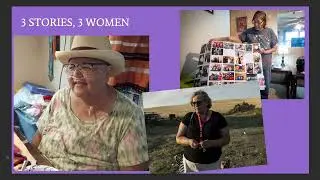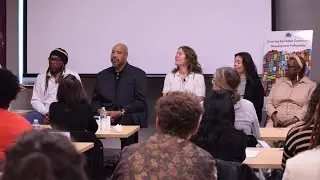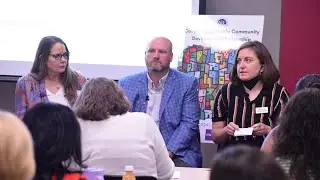‘Housing Is Really a Human Issue’
Covering Housing Requires Understanding 'Not Sexy' Zoning and More
There are people behind the housing crisis and lives that have been uprooted because of it. Experts spoke with reporters about how to cover this sensitive topic and where to find valuable stories.
by Samantha Hooley, National Press Foundation
Rising costs have put housing affordability on U.S. front pages and in the middle of political debates.
“Housing is in all the headlines.
Usually, the pictures look like this. It’s a picture of a housing development. We really encourage people to think about who’s living behind those windows, because housing is really a human issue,” said Kaia Peterson, executive director of NeighborWorks Montana, which seeks to make home ownership possible for low and moderate-income Montanans.
Slow wage growth and skyrocketing real estate have contributed to affordability issues in Missoula, but Peterson also encouraged journalists to cover zoning and planning issues.
“It’s not sexy, it’s really technical, but it is, I think, one of the most critical elements of what’s contributing to housing affordability or lack of affordability, and it’s very local,” she said.
It is also important to keep diverse housing types in mind when covering stories.
“Let’s get away from this idea that a single-family home is homeownership and a multi-family property is rental. There’s all different kinds of living situations, and ownership, and housing types that are part of our community fabric and community need,” Peterson said.
Jim Hicks, executive director of Hope Rescue Mission in Missoula, which he joined after 40 years of pastoral ministry, also spoke to reporters.
Hicks discussed the project Temporary Safe Outdoor Space, which provides 30 hard-sided, 100-square-foot shelters. The need for these shelters goes beyond mortgage rates and new construction.
“It’s older people, it’s disabled people, it’s people that are chronically homeless,” he said.
It’s necessary to be exposed to the problems in a community to truly understand what’s going on, Hicks said.
“If you don’t see a problem, you can’t name the problem. And if you can’t name the problem, you can’t begin to serve and help,” Hicks said.
It’s also important for journalists to shift the language around housing, according to Julie Pavlish, the operations and program director of Homeword, an organization that provides homebuyer education in Montana.
One example of such a language shift is saying “homes” instead of “units.”
“It seems like such a simple change, right? But who wants to live in a unit?” Pavlish asked. “We want to be in homes with our neighbors and that’s where we envision ourselves.”
Speakers:
Jim Hicks, Executive Director, Hope Rescue Mission
Julie Pavlish, Operations and Program Director, Homeword
Kaia Peterson, Executive Director, NeighborWorks Montana
Transcript, resources and summary: https://nationalpress.org/topic/affor...
The Covering Equitable Community Development journalism fellowship was sponsored by the Robert Wood Johnson Foundation. The National Press Foundation is solely responsible for its content.
This video was produced within the Evelyn Y. Davis studios.

